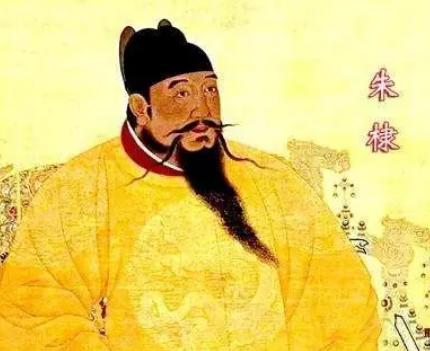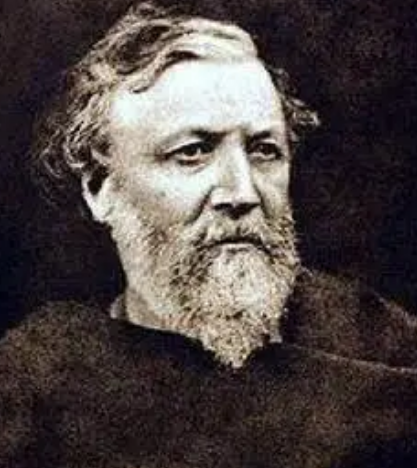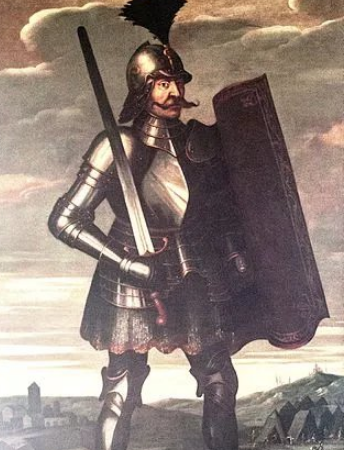The Gupta Empire was an important dynasty in the ancient history of India, and its political and religious systems have attracted much attention. Under the rule of the Gupta Empire, politics and religion were closely integrated, forming a unique political system of the combination of politics and religion. This article will analyze the system of the combination of politics and religion of the Gupta Empire from different perspectives, in order to reveal its characteristics and influence.

Firstly, there is an obvious religious color in the political system of the Gupta Empire. In the early period of the Gupta Empire, the king was regarded as the incarnation of God, having a sacred status and power. The king's power came from the grant of God, rather than through election or other legitimate ways. In addition, the laws and administrative system of the Gupta Empire were also influenced by religion. For example, the laws of the Gupta Empire stipulated various religious rituals and sacrificial activities to maintain social order and the tranquility of the gods.
Secondly, there is also a political color in the religious system of the Gupta Empire. In the religious system of the Gupta Empire, the king was regarded as the highest clergy, having important responsibilities for managing religious affairs. The king was responsible for managing temples, altars and other religious places, as well as organizing various religious rituals and sacrificial activities. In addition, the religious institutions of the Gupta Empire also bore certain political responsibilities. For example, the clergy of the Gupta Empire were required to implement the king's policies and orders to maintain the interests and stability of the country.
Finally, the system of the combination of politics and religion of the Gupta Empire had a profound impact on society. On the one hand, this system promoted the unity and stability of the country, enhancing the authority and status of the king. On the other hand, this system also restricted people's freedom and rights, leading to social conservatism and rigidity. For example, the laws of the Gupta Empire stipulated various religious rituals and sacrificial activities, limiting people's free thoughts and behaviors.
Disclaimer: The above content is sourced from the internet and the copyright belongs to the original author. If there is any infringement of your original copyright, please inform us and we will delete the relevant content as soon as possible.
































